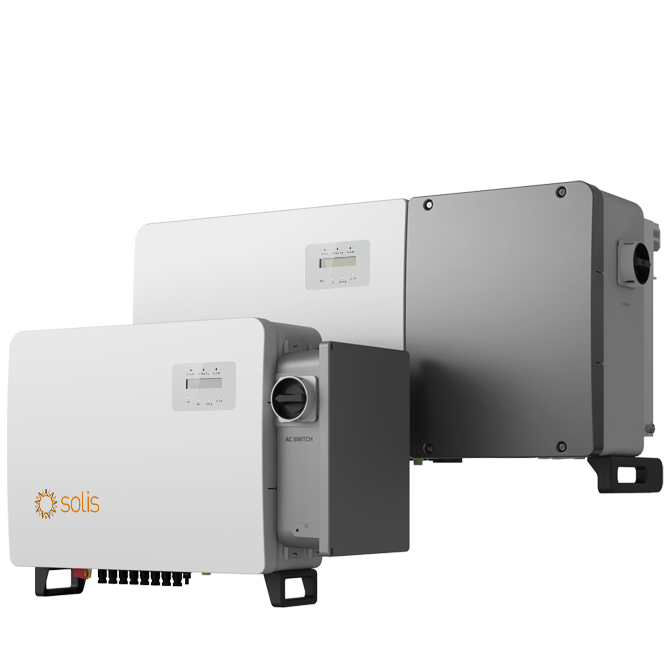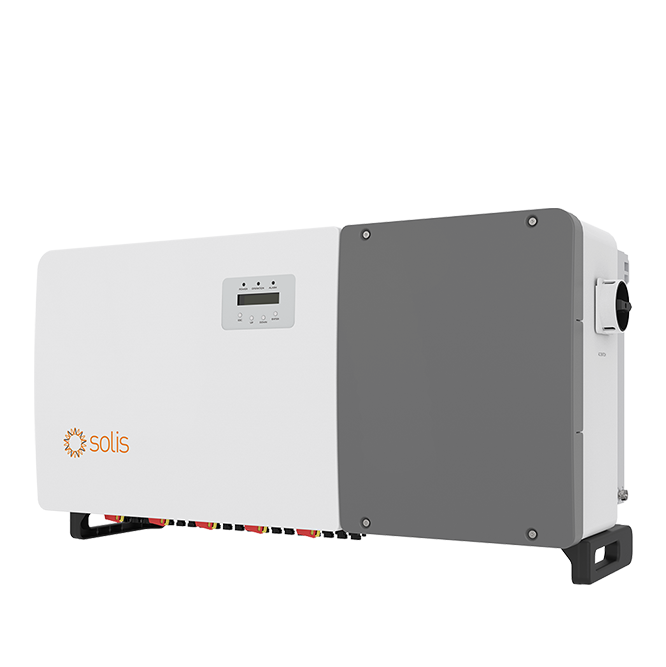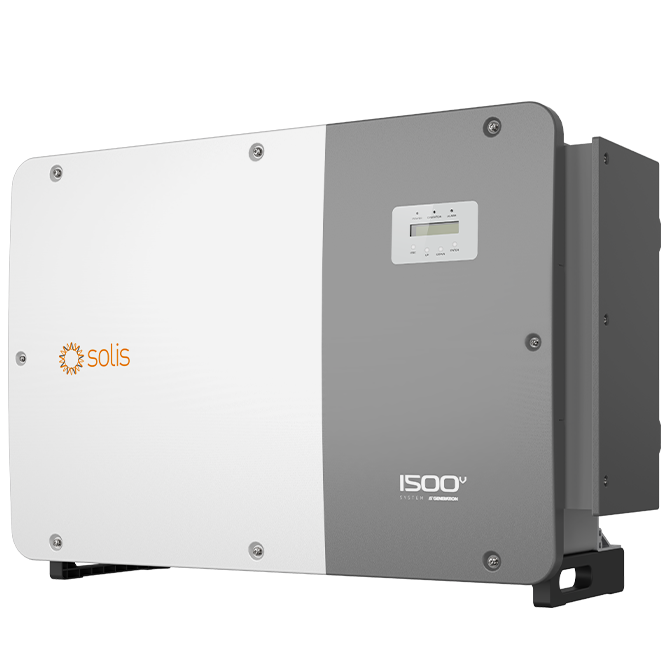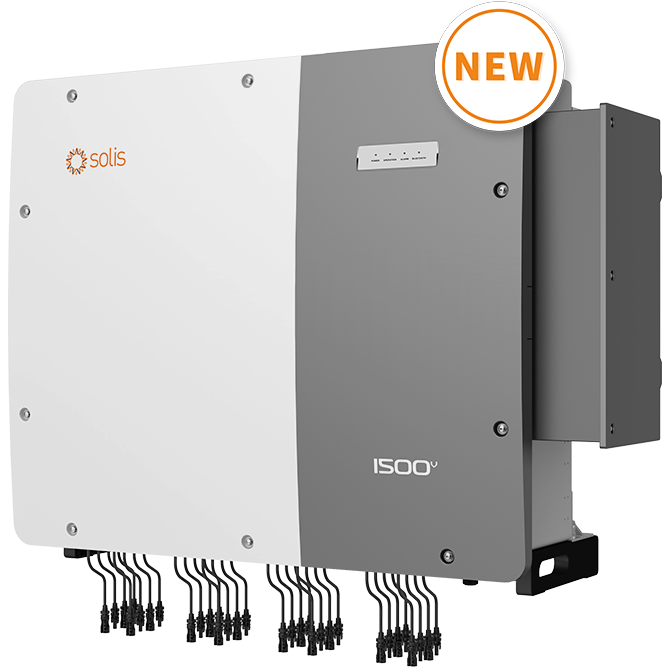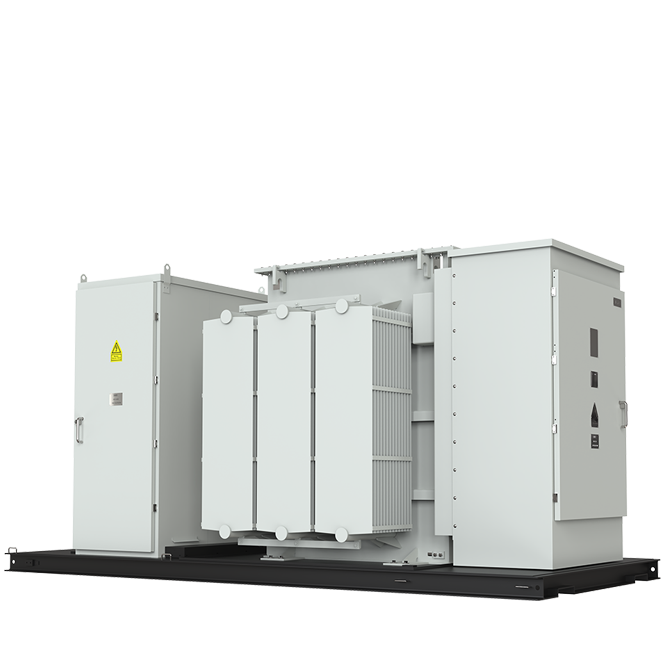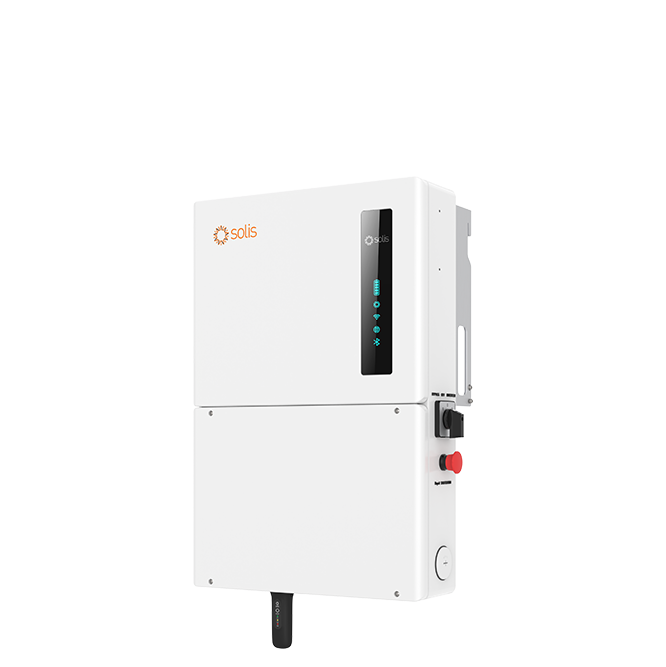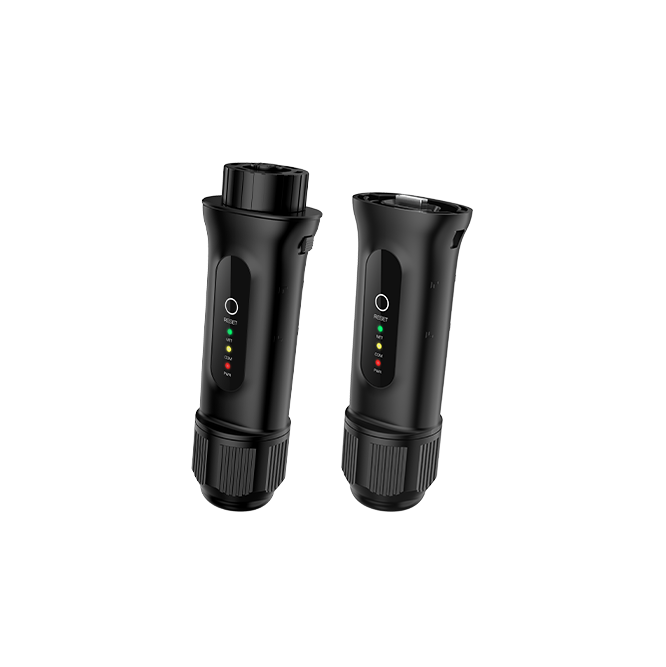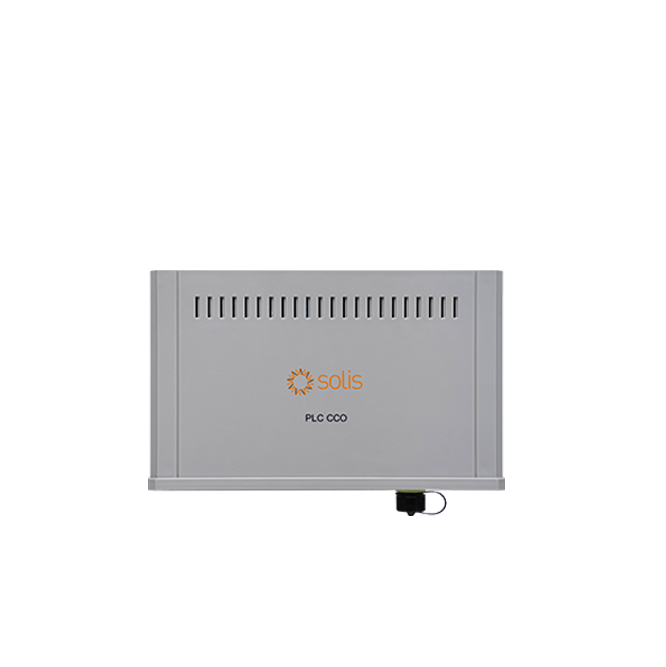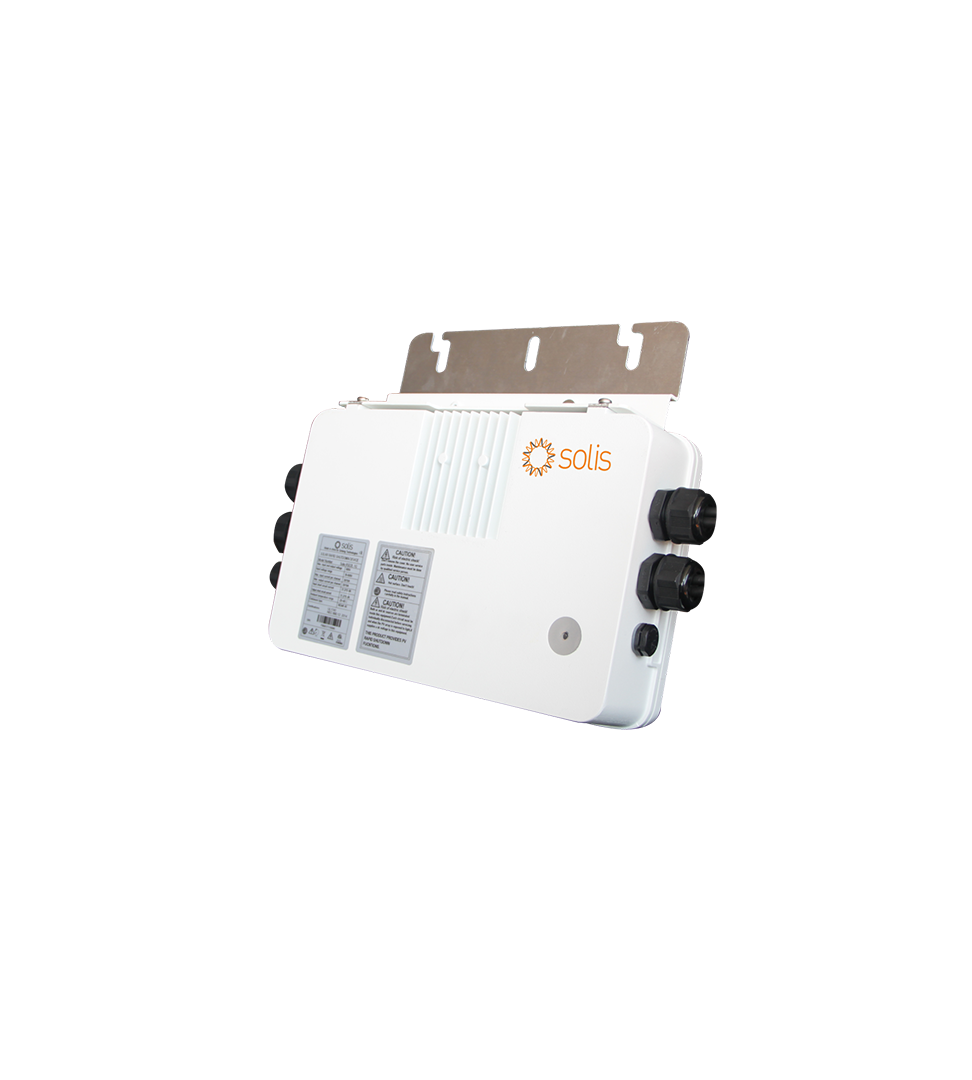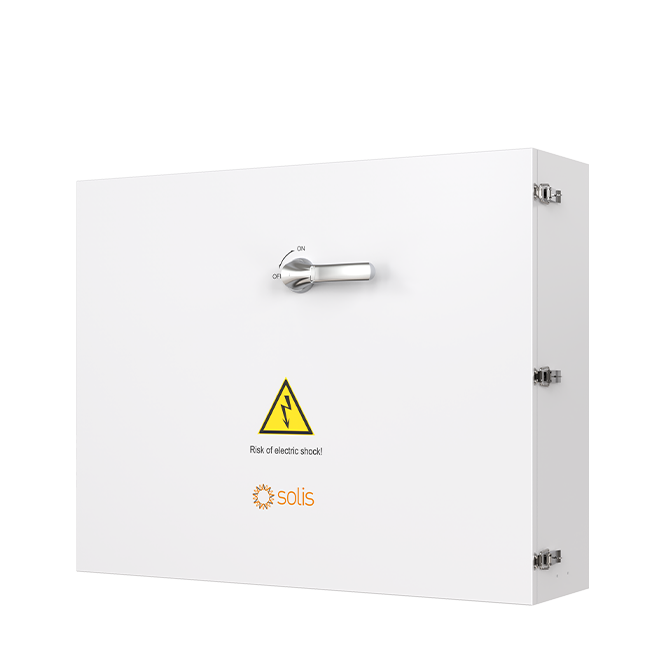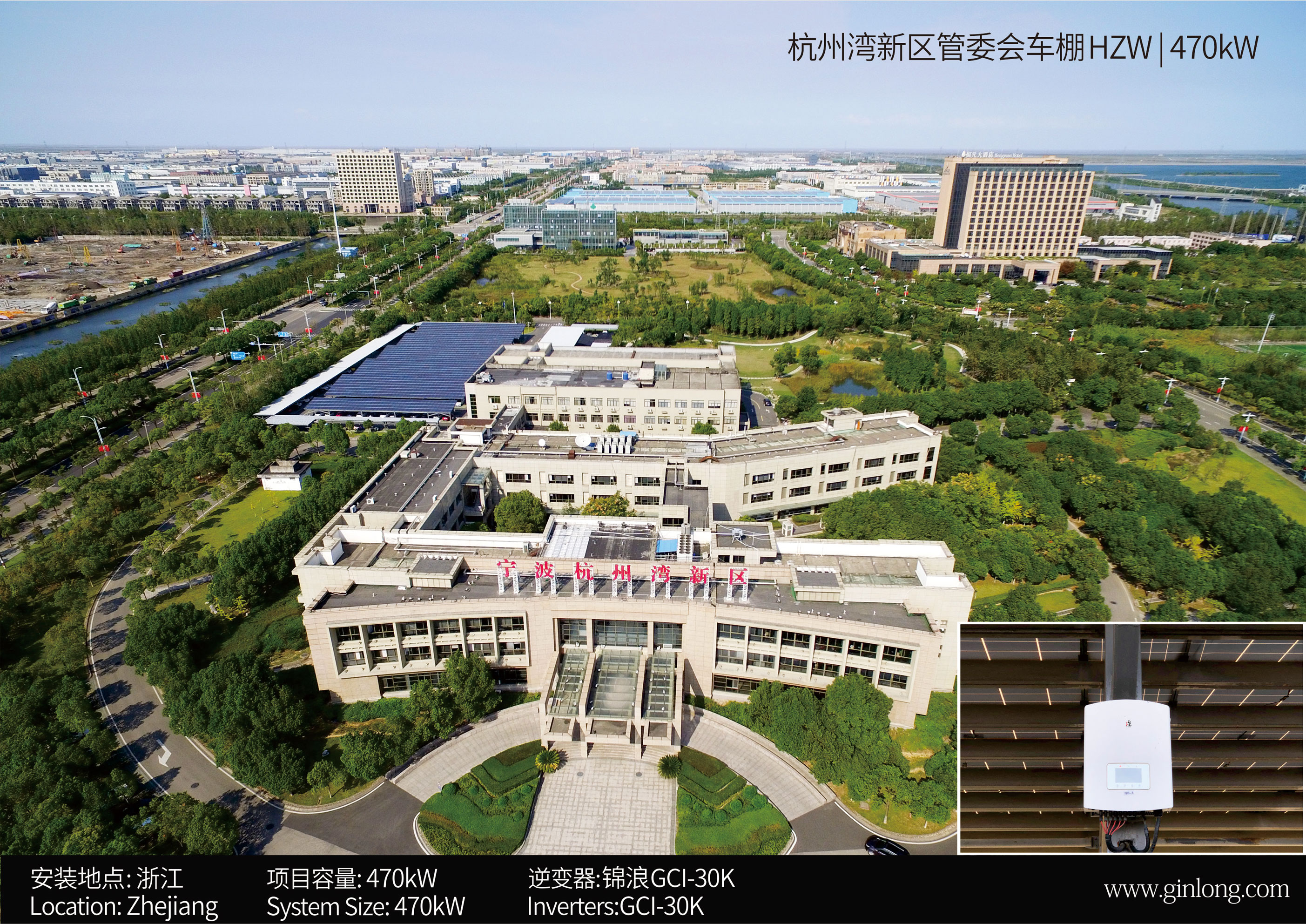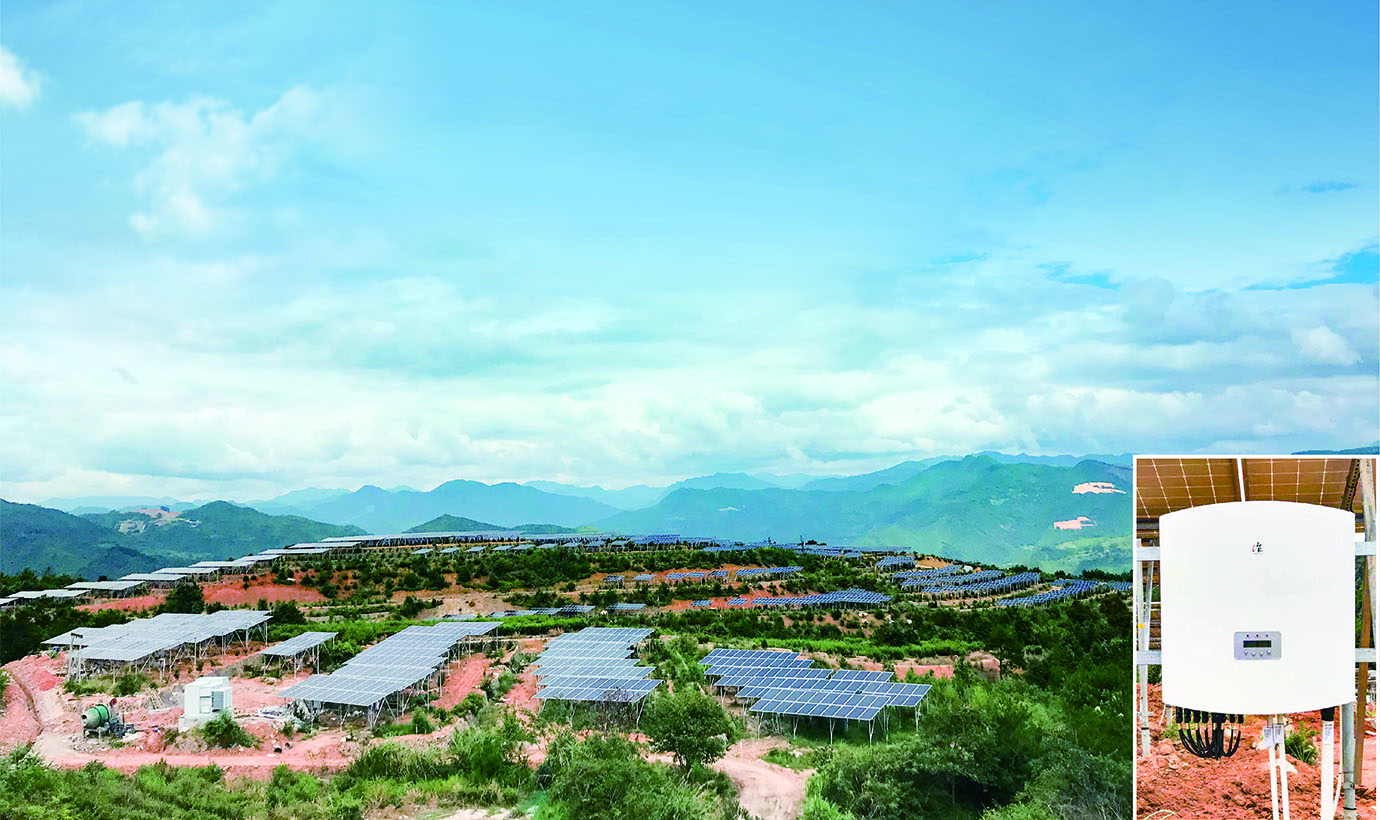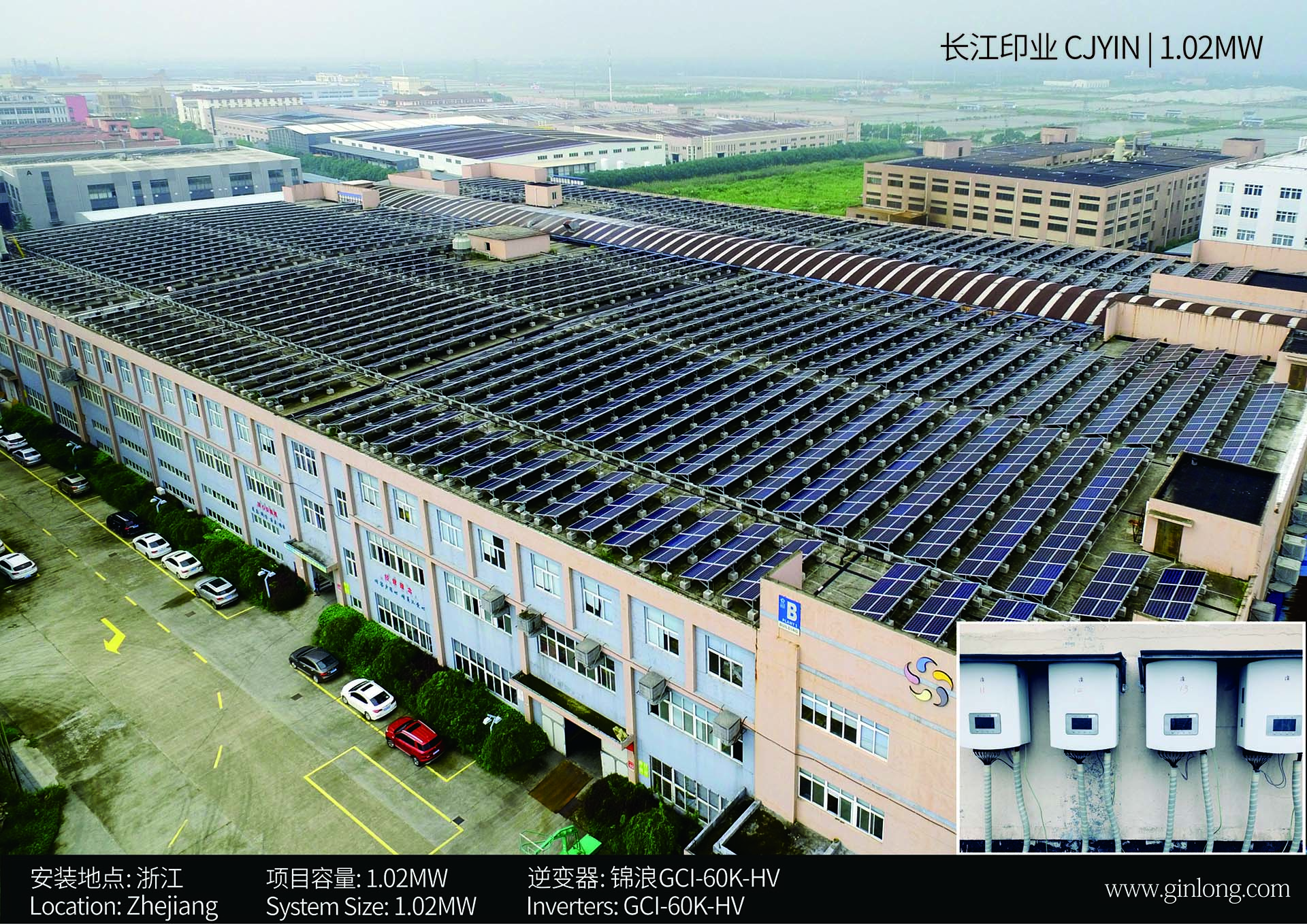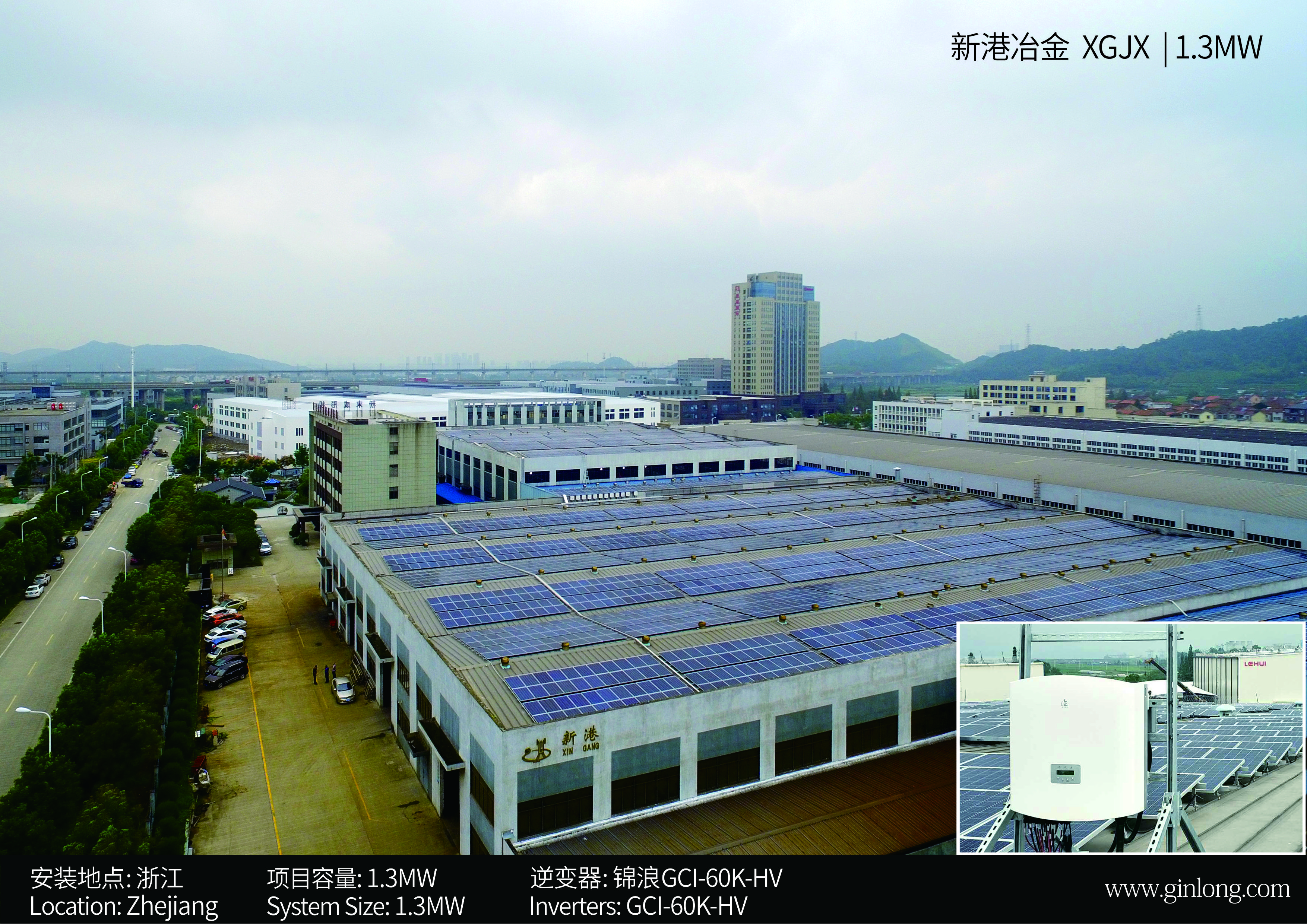Empowering a Community: Canada's Haida Nation Partners with Hedgehog Technologies to Create Energy Independence
2.3MW Solar array and microgrid puts the Haida Nation on a Path to Resiliency
Background: Creating Energy Independence
Haida Gwaii is an archipelago in British Columbia, inhabited by the people of the Haida Nation, which has been operating on 100% diesel fuel for its energy until very recently. As a result of the area's remote nature, the cost of transporting fuel to the islands – via ice roads, barges, or planes – has been significant; plus, the fuel itself has contributed to unwanted pollution throughout the area.
To increase energy independence, the solar array uses a custom off-grid battery energy storage system, "Nimba," that integrates advanced lithium-ion battery technology and intelligent energy management to ensure reliable power, even in low sunlight, while reducing greenhouse gas emissions.
Challenges: Preserving the Land and Meeting Regulations
In order to conserve & protect surrounding old growth forests and unique wildlife, the installation of the system would need to be at Masset Airport in British Columbia, where the land has already been cleared for use. However, as a result, the project would be subject to stringent safety standards, set forth by local airspace authorities, Transport Canada and Nav Canada.
A reflectivity study was conducted to minimize solar glare affecting aircraft. Strict compliance with Transport Canada regulations was necessary to build the solar array at the airport.
The project avoided clearing 11 acres of old-growth forest, protecting endangered species like the Haida Gwaii slug and Northern goshawk. It also reduced diesel fuel usage, cutting over 33,000 tons of greenhouse gases over the solar farm's 20-year lifespan.
Solution: Local Expertise Meets Global Success
British Columbia-based, Hedgehog Technologies (Hedgehog), was tapped by the Haida Nation for its expertise in ensuring successful installations in the region. Hedgehog began the process by consulting and engaging the community and its leaders, getting to know their needs, and gaining better understanding the cultural significance of the project. The Haida Nation formed an energy company called Til Yahda Energy to complete and maintain the project.
A non-traditional procurement approach prioritized hiring local Haida workers and ensuring skills training for long�term sustainability.This model was endorsed by Haida leadership and focused on community involvement over short-term cost savings.
Hedgehog opted for a 2.3 MW ground-mount solar microgrid system, powered by Solis inverters, with a total number of panels being approximately 4,600. The system itself is designed to be expandable to handle up to 4MW, ultimately enabling a 100% renewable energy model down the line.
Solis was ultimately chosen for its ability to meet community power demand and withstand the infamously cold climate; Solis solutions are designed to perform under all weather conditions, including the harshest snow/rain, and in temperatures down to -25C. Every Solis inverter features high quality NEMA 4X (IP66) aluminum enclosures. Plus, Solis technology is perfectly compatible with high-powered bi-facial modules, enabling better energy yield down the road.
Finally, Solis' string-level monitoring, flexibility, automatic alerts and rapid shutdown are just a few of the features that helped Hedgehog meet the standards demands of Transport Canada and Nav Canada and secure funding.
"Going with Solis technology is a no-brainer. Their design flexibility gave us the ability to easily meet power demands, while their proven reliability, and broad range of international standards compliance, gave us confidence in a safe, long-term performance. Plus, Solis' standard compliance with the ability to withstand harsh weather environments makes them the perfect candidate to positively impact First Nation communities in Canada. We look forward to choosing Solis again in the future." —— Michael Wrinch, Hedgehog Technologies
Community Benefits: A More Resiliant Land for All
For the beginning, the project respected Haida cultural events and traditions, with flexible schedules during significant community activities like totem pole raisings and funerals, enhancing community ownership and integration.
The Haida First Nation people of the region are now able to reduce their reduction on diesel fuel costs by 10% (600,000) liters, annually. The system is set to help save the community and provide ROI in just 10 years.
Other benefits include:
- Opportunities for skills training & increasing local jobs
- Fewer greenhouse gas emissions & pollution
- Increased farming possibilities & food sovereignty
- The ability to produce near-net power
Moreover, because, the system is expandable, the community plans on going 100% renewable in the next few years, which will lead to complete energy independence for the Haida Nation. The solar array fosters economic growth, provides ongoing employment opportunities, and positions the Haida Nation for future energy expansion (up to 4 MW), promoting economic resilience and environmental stewardship.
Download this case study

 中国
中国
 India
India
 Việt nam
Việt nam
 Australia
Australia
 대한민국
대한민국
 پاکستان
پاکستان
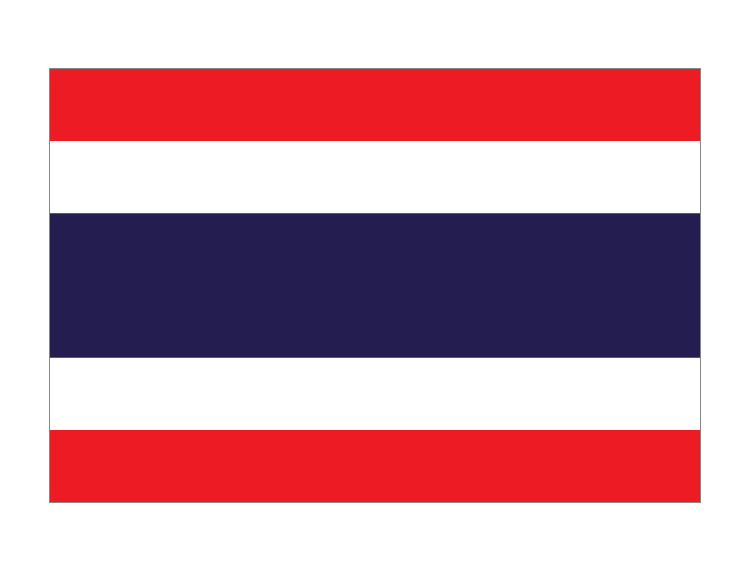 ประเทศไทย
ประเทศไทย
Filipino
 Malaysia
Malaysia
 Bangladesh
Bangladesh
 Sri Lanka
Sri Lanka
 Indonesia
Indonesia
 Узбекистан
Узбекистан
 Ireland
Ireland
 Türkiye
Türkiye
 United Kingdom
United Kingdom
 France
France
 Deutschland
Deutschland
 Nederland
Nederland
 España
España
 Česká republika
Česká republika
 Sverige
Sverige
 Polska
Polska
 Україна
Україна
 Italia
Italia
 Português
Português
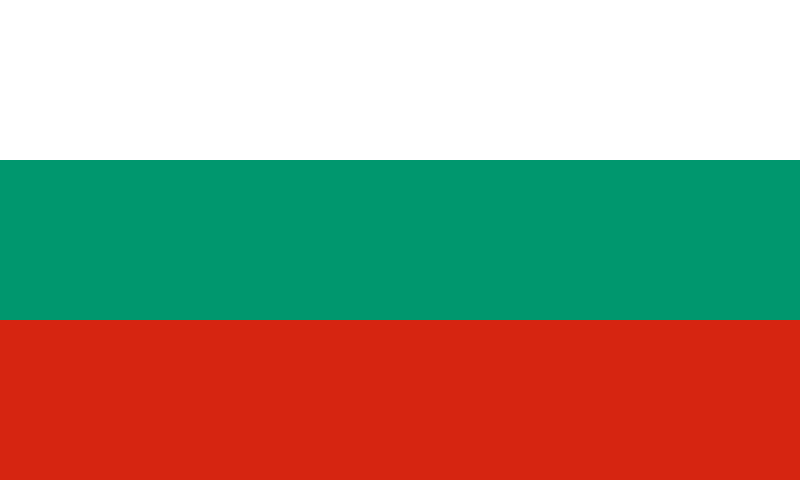 България
България
 Magyarország
Magyarország
 Lietuva
Lietuva
 Ελλάδα
Ελλάδα
 United States
United States
 Canada
Canada
 México
México
 Brasil
Brasil
 República de Chile
República de Chile
 South Africa
South Africa
 المملكة العربية السعودية
المملكة العربية السعودية
 الجمهورية اللبنانية
الجمهورية اللبنانية
 امارات عربية متحدة
امارات عربية متحدة
 اليمن
اليمن
 المملكة الأردنّيّة الهاشميّة
المملكة الأردنّيّة الهاشميّة
 جمهورية مصر العربية
جمهورية مصر العربية
 la République Tunisienne
la République Tunisienne
 Kenya
Kenya
 Tanzania
Tanzania
 Nigeria
Nigeria
 Other Countries and Regions
Other Countries and Regions


